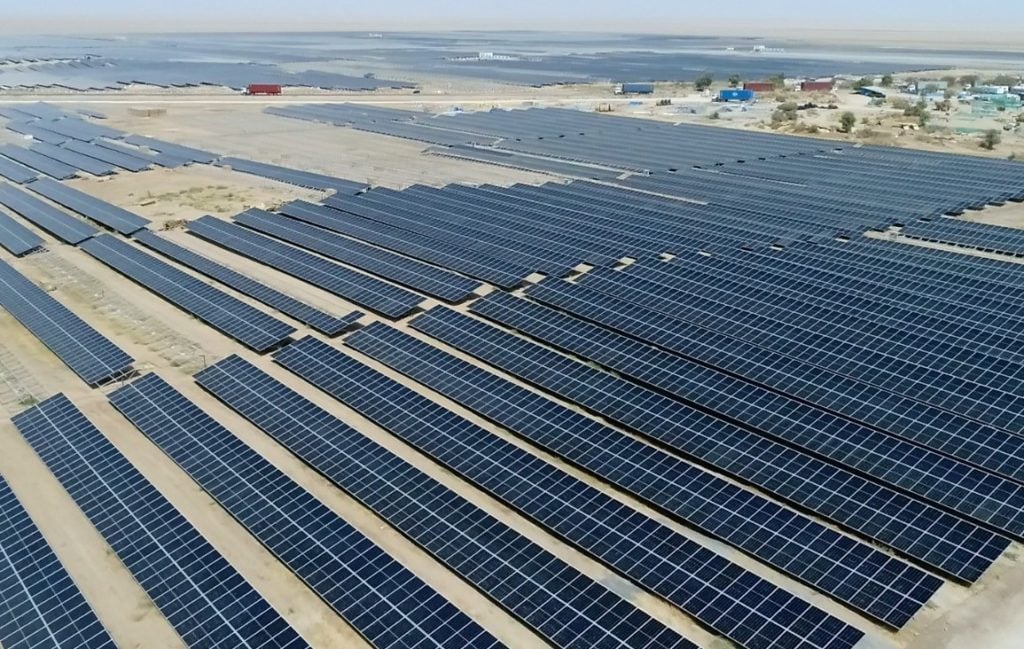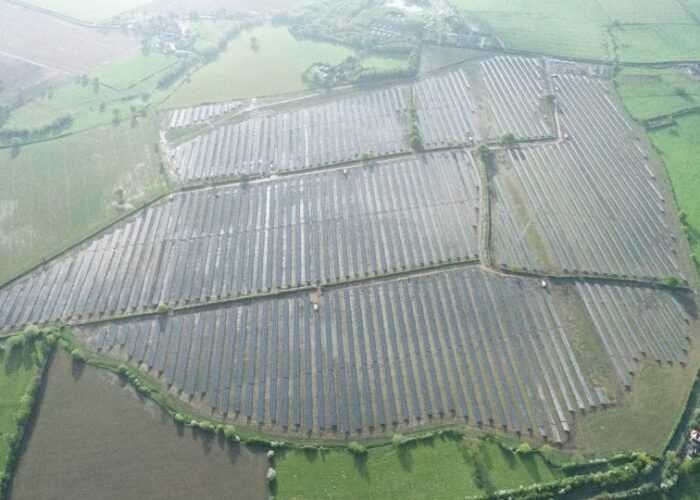
Global renewables capacity will more than double this decade but almost every leading market will still miss deployment targets.
That is the conclusion of consultancy Fitch Solutions, which has warned that with the exception of mainland China, every leading renewables market will miss renewables targets set for this decade unless pipelines are expanded and policy strengthened.
Unlock unlimited access for 12 whole months of distinctive global analysis
Photovoltaics International is now included.
- Regular insight and analysis of the industry’s biggest developments
- In-depth interviews with the industry’s leading figures
- Unlimited digital access to the PV Tech Power journal catalogue
- Unlimited digital access to the Photovoltaics International journal catalogue
- Access to more than 1,000 technical papers
- Discounts on Solar Media’s portfolio of events, in-person and virtual
Or continue reading this article for free
Fitch forecasts that generation from non-hydropower renewables will more than double from 3,686TWh in 2021 to 7,661TWh in 2031, driven by a more-than-doubling of installed capacity to 2.1TW within the same timeframe.
Government policies and commitments – the results of COP26 here being pivotal – are highlighted as core drivers for this growth, however the expansion of international green hydrogen markets will also play a supportive role.
But these growth expectations are insufficient to meet the net zero targets of world economies and will fall short of the requisite decarbonisation.
Fitch forecasts that only mainland China will meet its target of establishing a 1.2TW installed renewable capacity base by 2030, with other leading markets such as the US, European Union and India all set to miss such targets.
Fitch noted headwinds posed by a “volatile political environment” in the US, arguing that the nation will fall “well short” of its goal of an entirely clean power mix by 2035, while renewables auctions throughout Europe have faced challenges, not least of all in the permitting of renewables projects.
India, meanwhile, will struggle at the hands of policy “mismatches”, Fitch said, pointing in particular to the imposition of customs duties on solar panels which have made imports more expensive.







